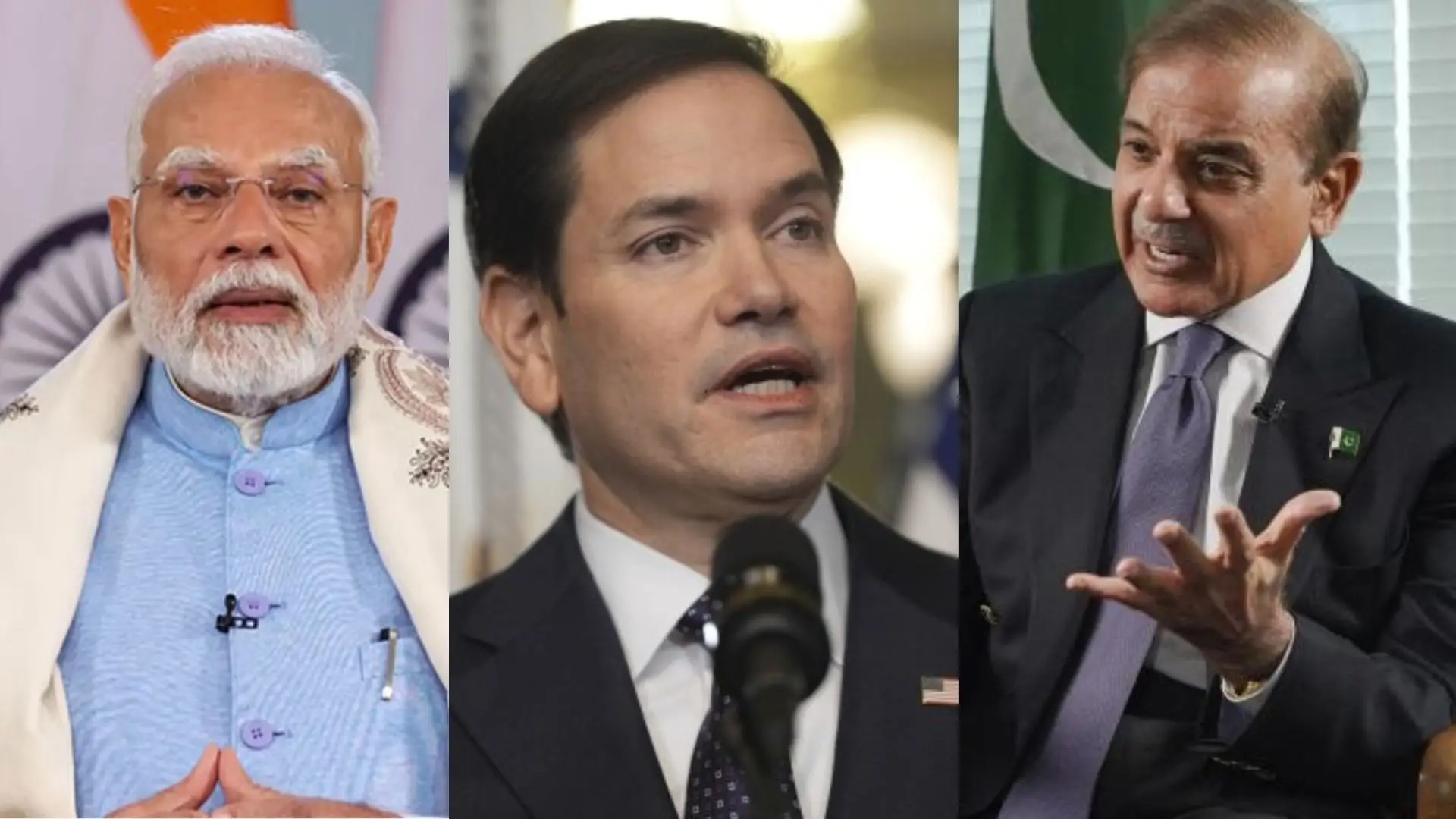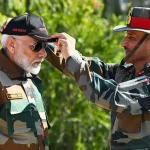The Trump administration’s handling of sanctions on nations purchasing Russian oil has drawn sharp attention after U.S. Secretary of State Marco Rubio outlined why India faced immediate tariffs while China was granted a delay.
In recent weeks, Washington imposed a 50% tariff on Indian imports, including a 25% penalty directly tied to India’s Russian oil purchases. President Donald Trump told Fox News the move sharply reduced India’s imports from Moscow, sending a strong message to the Kremlin. India, once Russia’s second-largest oil customer after China, was warned of the tariffs before they took effect, Trump claimed, and quickly scaled down purchases.
By contrast, the U.S. granted China a 90-day extension beyond the August 12 deadline before imposing similar penalties, despite Beijing being the largest buyer of Russian oil.
Rubio defended this approach, saying sanctions on China risked destabilizing the global oil market, since Beijing refines much of its Russian oil and resells products worldwide. Immediate restrictions, he argued, would have triggered soaring prices and disrupted supply chains far beyond U.S.-Russia dynamics.
Rubio also revealed that European allies had voiced concerns, warning that overly aggressive sanctions could backfire by weakening Europe’s own measures against Moscow. He emphasized Washington’s goal of preserving Western unity while still applying pressure on Russia.
Meanwhile, a bill in the U.S. Senate seeks up to 100% tariffs on both India and China for buying Russian crude. Rubio noted the administration continues to weigh congressional input alongside global economic risks.
President Trump further hinted that the tariff status on China could be revisited “in two or three weeks,” linking the decision to outcomes from his recent meeting with Russian President Vladimir Putin.
The administration’s strategy reflects a calibrated, country-specific approach: immediate penalties on India, delayed sanctions on China to prevent economic shocks, and careful consultation with Europe to maintain alignment against Russia.













